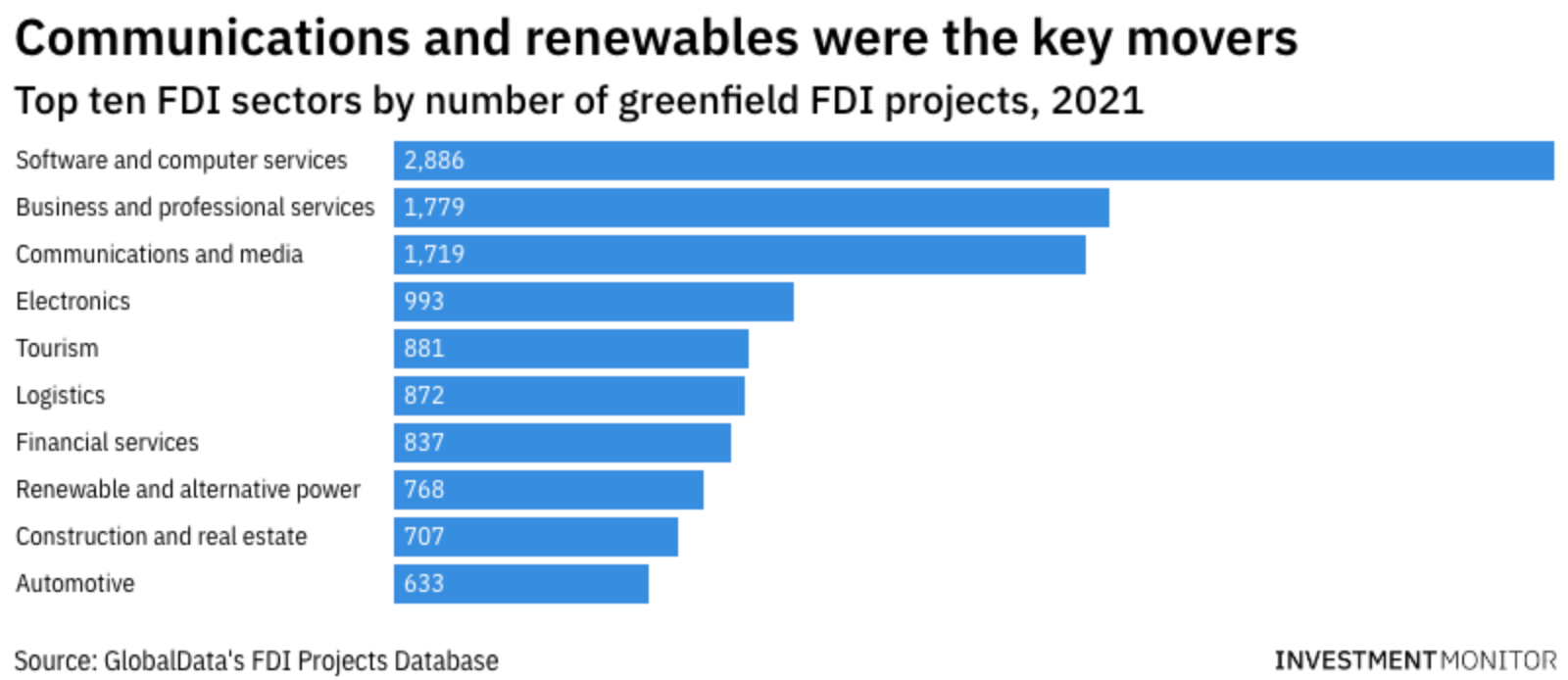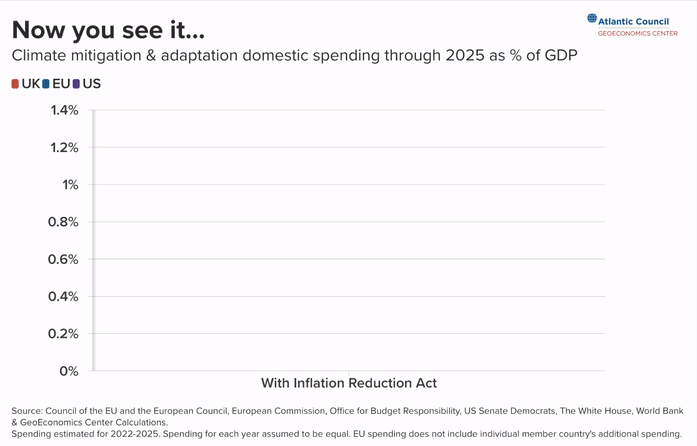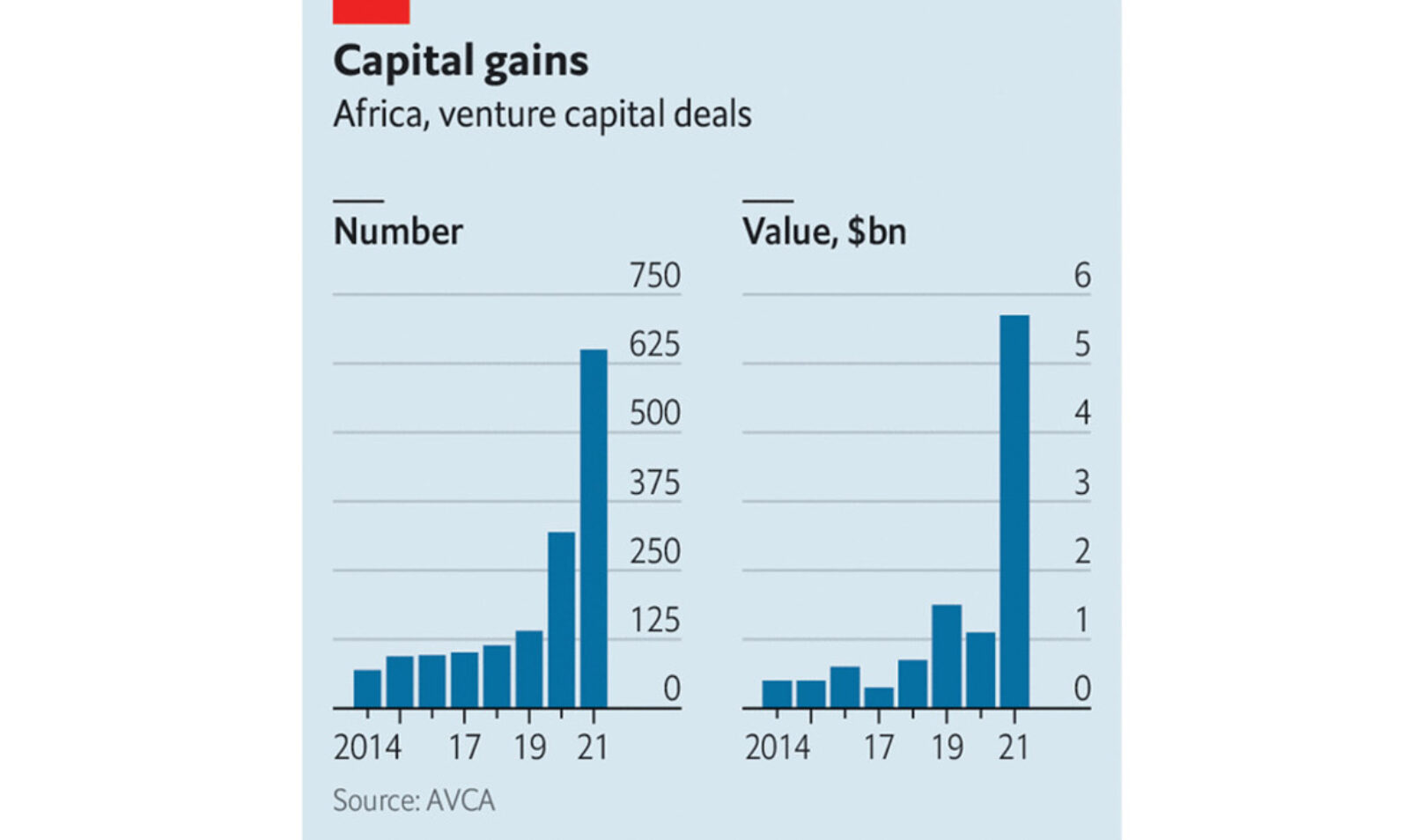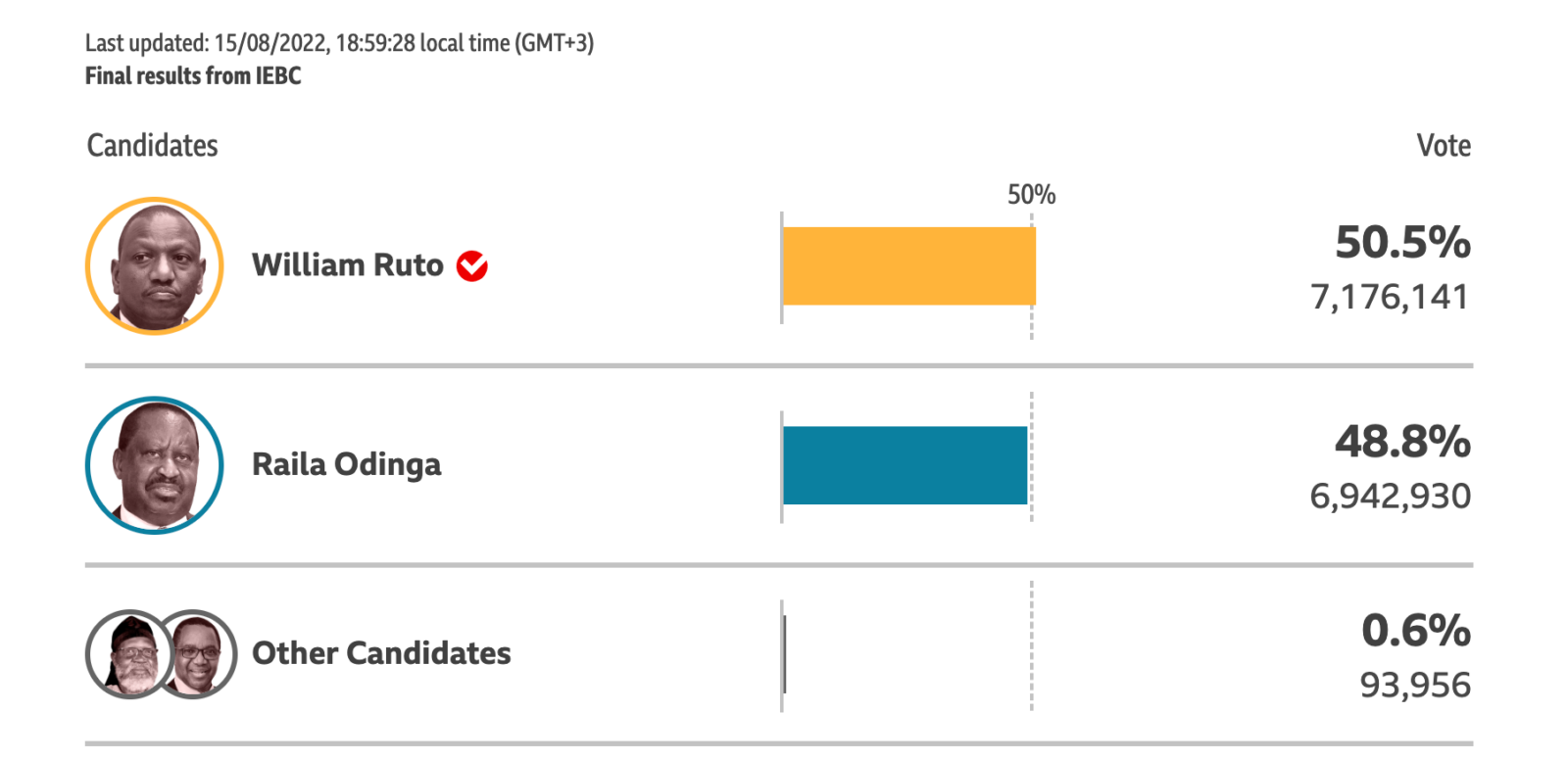What Cyber Risks Are Keeping the C-Suite Up At Night?

Source: Mercer Global Talent Trends 2022
Executives around the world are concerned about cybersecurity and data security as employees continue to work remotely, reports Mercer in its Global Talent Trends 2022 study. Forty-one percent of HR leaders say that employees’ relaxed attitude toward data security at home and hackers breaching company systems (40%) are top-of-mind risks.
Other leaders are concerned about ethical data practices. Thirty-five percent say that the lack of policies addressing ethical data collection and handling is a risk, while around 32% say that misuse of employee monitoring data and over-reliance on AI are concerns.
While cyber risk and data security remain the top concern in North America, executives also expect to grapple with inflation, the economy, and new work models. Latin American leaders see new work models as their primary challenge. Business resilience is the top concern for business leaders in Asia, while digital acceleration is the top concern in Europe.






